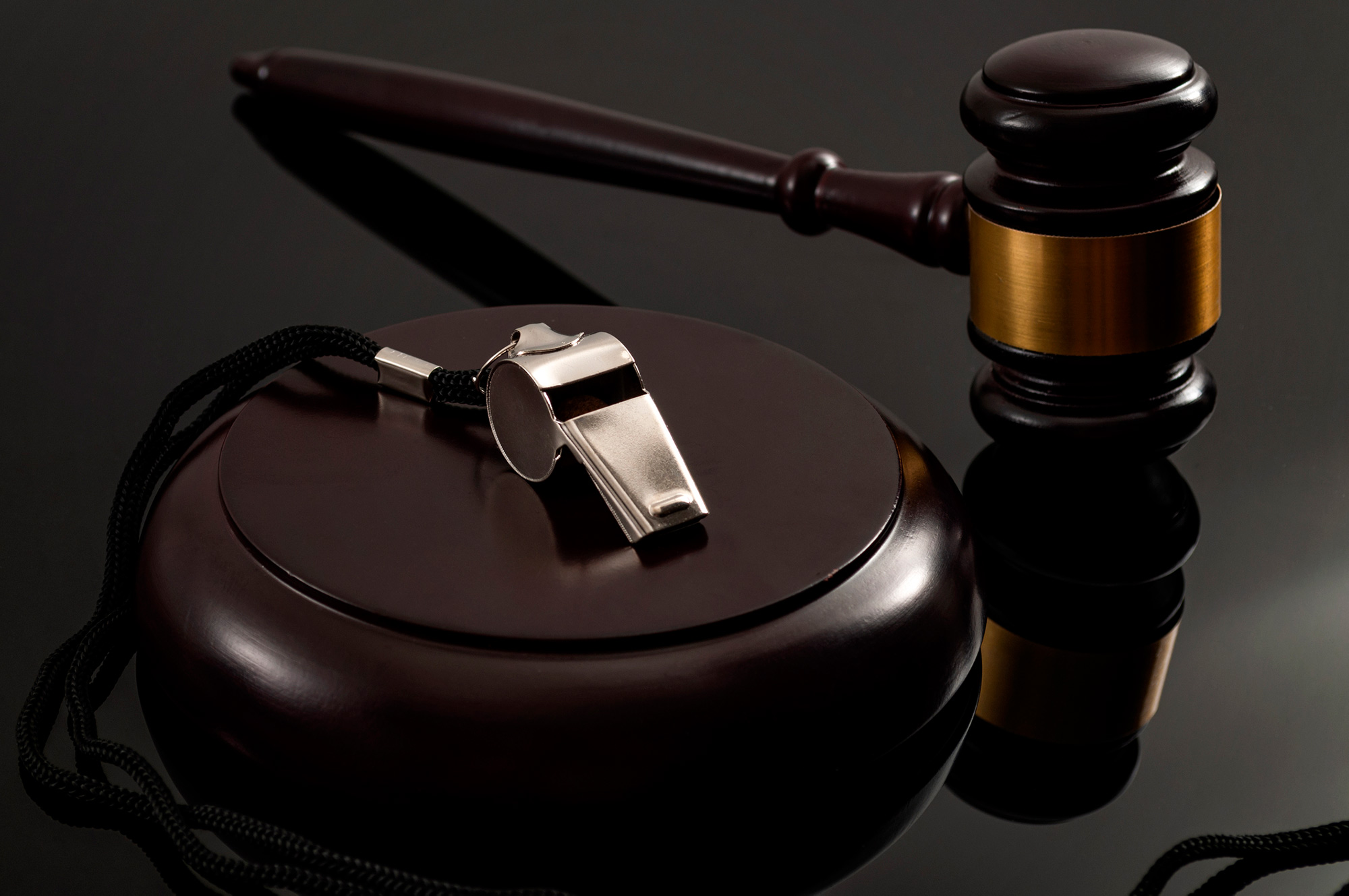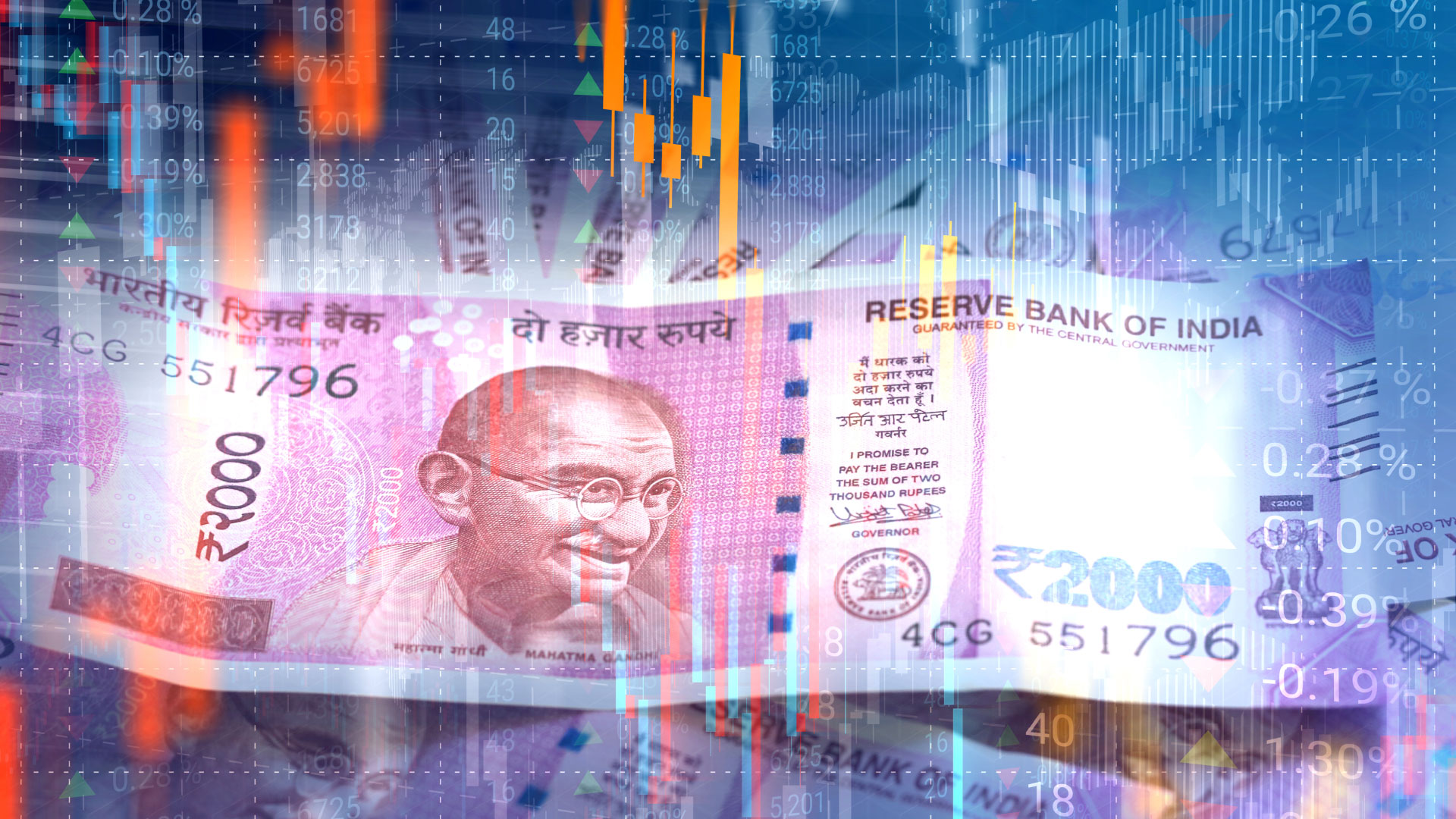
SEC Ignites Misconduct Crackdown Led by Whistleblowers
Since April 1, 2020, the US Securities and Exchange Commission (SEC) has announced a string of substantial whistleblower awards totaling $54 million as it continues to ramp up its efforts at reducing misconduct. Created by the Dodd-Frank Act, the SEC’s Whistleblower Program provides greater financial incentives for employees or third parties that become whistleblowers, paying out more than $450 million since its inception to 82 individuals who provided original information that led to successful enforcement action. Even under the economic crisis resulting from the Covid-19 pandemic, these recent wins provide a model of steps that companies should take to avoid being the subject of SEC investigation.
The SEC’s efforts are a reminder that businesses must prioritize maintaining a robust internal compliance program, and here’s what they suggest:
- Companies should update their policies and procedures to provide for effective handling of internal reports about compliance issues or conduct that might constitute violations of the securities laws.
- Companies with international operations should ensure their policies are applied consistently across all markets and that reported misconduct is timely communicated to the appropriate personnel in the U.S.
- Companies should review their comprehensive confidentiality policies and take steps to widely communicate and uniformly enforce those policies.
The SEC’s recent crackdown on coronavirus-related financial misconduct, including insider trading, the misuse of federal funds to advertise fake cures, and price gouging on medical supplies, has triggered a massive surge in whistleblower complaints.
Most recent of which involves the arrest of used car salesman Ronald Romano for attempting to deceive and price gouge New York City into paying him and his co-conspirators roughly $45 million for personal protective equipment (PPE) they did not own nor have the authorization to sell. Starting in February 2020, Romano began obtaining large quantities of PPEs for resale, created fictitious authorization letters to sell millions of units of 3M-brand PPEs, negotiated astronomically high prices for their sale, and in a last-ditch effort, submitted fraudulent reference documents to New York City of their authority to sell the lifesaving gear. His scheme offered the City millions of 3M-brand N96 respirators at more than a 400% markup, which he described to co-conspirators as “working on a few deals that if I get any of them you might be buying a Ferrari.”
Romano is charged with one count of conspiring to commit wire fraud and one count of wire fraud, each of which carries a maximum sentence of 30 years in prison, and one count of conspiring to violate the Defense Production Act, which carries a maximum sentence of no more than one year in prison. Currently, the charges are merely accusations, and the defendant is presumed innocent unless and until proven guilty. DOI Commissioner Margaret Garnett commended the City, “instead of reaping millions of dollars, the scheme received a dose of old-fashioned, New York City skepticism from procurement specialists … The defendant’s ruse unraveled, and these City workers proved that heroes have an array of titles.”
In a similar case, Grant Wilson, a former trader at Bank of New York Mellon Corp., alerted authorities to the bank’s unusual pattern of overcharging big clients on currency trades and was awarded $50 million in whistleblower payments. The payout, which is the largest of its type to ever be made by the SEC, comes more than a decade after the trader began assisting authorities with the currency-trading investigations by providing extensive documentation of how the bank processed trades and overcharged its clients. Wilson found that large pension funds that invested in global assets on behalf of teachers, police, and other retirees were being given the least favorable exchange rates of the day, with the bank profiting the difference. BNY Mellon repeatedly told customers its services were “free of charge” and designed to help clients “minimize risks and costs.”
BNY Mellon Corp was ordered to pay $714 million in fines to the U.S. Department of Justice and New York State, and other payments to customers who filed the class-action lawsuit in 2015 to resolve allegations of fraudulent currency transactions. Federal prosecutors remained skeptical and, as a part of its settlement with the SEC, required BNY Mellon to report on compliance improvements over the next three years, while also making changes to its pricing disclosures. Jane Norberg, the chief of the SEC’s whistleblower office, praised the program’s success in a news release, “Whistleblowers have proven to be a critical tool in the enforcement arsenal to combat fraud and protect investors.”
In recent years, the SEC’s whistleblower program has grown exponentially in prominence and efficacy.
In short, it calls on people who have original leads about illegal conduct or information that significantly advances an open investigation to come forward in exchange for between 10% and 30% of the total fines collected in that case. Since its creation nine years ago, the agency has awarded more than $500 million to whistleblowers that have answered the call. A spokeswoman for the SEC put it best, “Unfortunately, fraudsters often seek to exploit difficult situations like the ongoing pandemic for their own gain … The SEC frequently relies on the tips that we receive from the public.”







